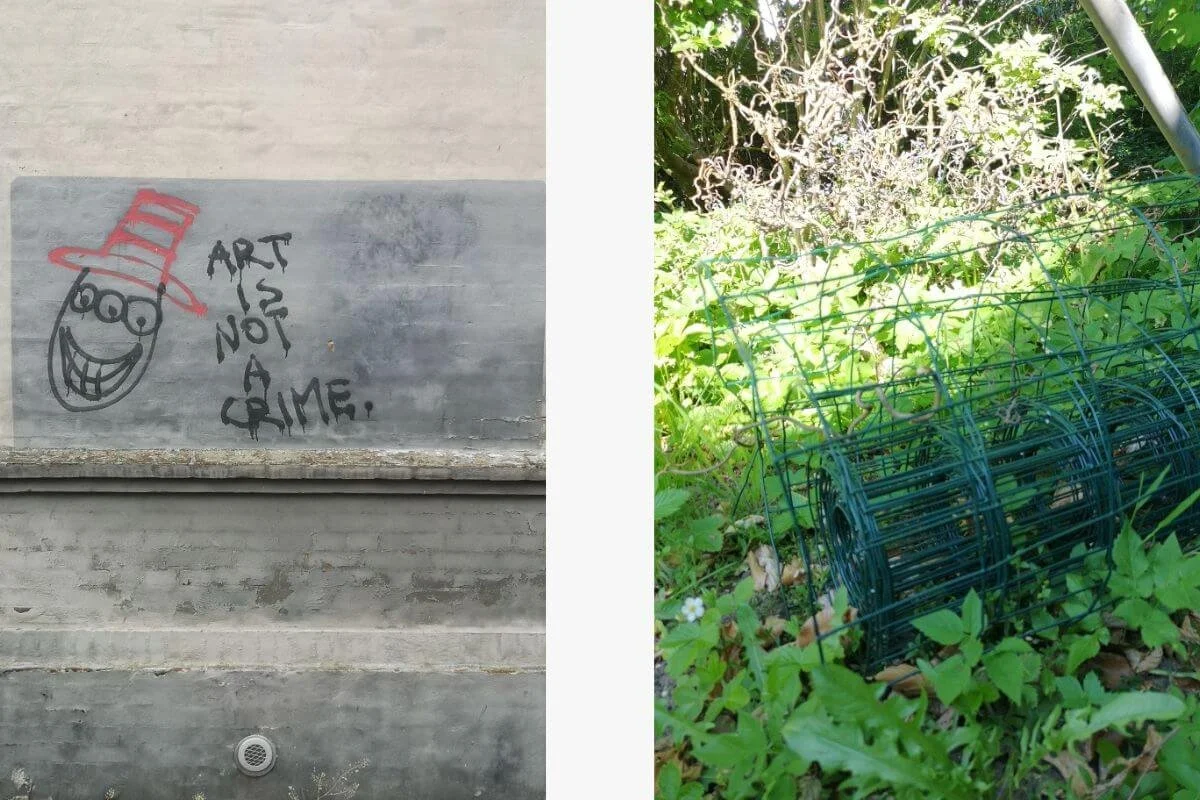Why Delayed Gratification in the Creative Process is Useful
Results and rewards aren’t always immediate in the creative process, which makes many of us give up, and that’s why expecting delayed gratification is a useful strategy.
Creativity is the process of bringing a new thought or action to life. That process can be long or short and look many ways, but a creating process will involve dealing with stages where it’s not so much fun, and unless we learn to deal with that, we will quit and our creative dream will remain unfulfilled.
My job as a creativity coach is to help my clients through the difficult stage in the creating process and build a framework, a system for creating that is personal. A comfortable container for working based on kaizen small steps, self-love, self-compassion, and creating space.
Delayed gratification in the creative process
At the risk of sounding like the old fart that I am, the technology we have today, along with Google and social media, has programmed us to expect instant results, instant gratification. Information and results are at our fingertips and we expect them to be.
We’re addicted to our phones and checking Instagram every few minutes. We binge TV shows and can get the news 24/7, no more waiting for 6 o’clock.
This is all great. I love binging my favorite TV shows and not having to wait a week like we “used to”.
But this expectation of getting instant dopamine rewards can be a real danger to our creativity and learning new skills.
That danger, or the negative effect instant rewards have on us, is a lack of focus for more than a few minutes, not even beginning a creative interest, or quitting after the initial excitement is gone.
Adjusting your expectations around gratification and rewards.
If you don’t expect there to be an instant reward when you sit down to create, you won’t be as disappointed when there isn’t one. Adjusting your expectations around gratification and what kind of rewards you expect, is a useful strategy for long-term creation.
It also depends on what you see as your reward.
For those of us in love with the creating process, the reward is the process itself. Even the creative chaos, constant struggle not to get distracted, and self-doubt. It’s all part of collecting evidence that I am the type of person that creates consistently.
I don’t expect my blog posts to go viral or even get read by a lot of people. I write them because I have something to say and I like writing. That’s my reward. Being immersed in my own world, creating sentences from my tangled thoughts. That’s gratification for me.
Because my expectation isn’t a quick dopamine fix, but a much more subtle and long-term reward, I keep going. I keep practicing.
Deciding what gratification you’re looking for
If you want to create something, build a consistent creative practice, build a business, write a book, become a photographer, whatever, I invite you to have a think about what kind of “kick”, reward, or gratification you’re expecting to experience.
Investing in creativity might well mean delayed gratification. A new skill, a better habit, new opportunities, self-respect, self-trust, all good things that can happen from sticking with it, even when it doesn’t feel like you’re getting much in return.
There is plenty to gain in return for sticking with a process, this is what I help my clients focus on, and it’s often highly personal. Gratification will come. I hope you stick with it.
“Great investing requires a lot of delayed gratification”
Want help with your creative process?
Helping you build a process for your creativity and your business, is my thing. You can get in touch by filling out the form on my contact page, and we take it from there.


